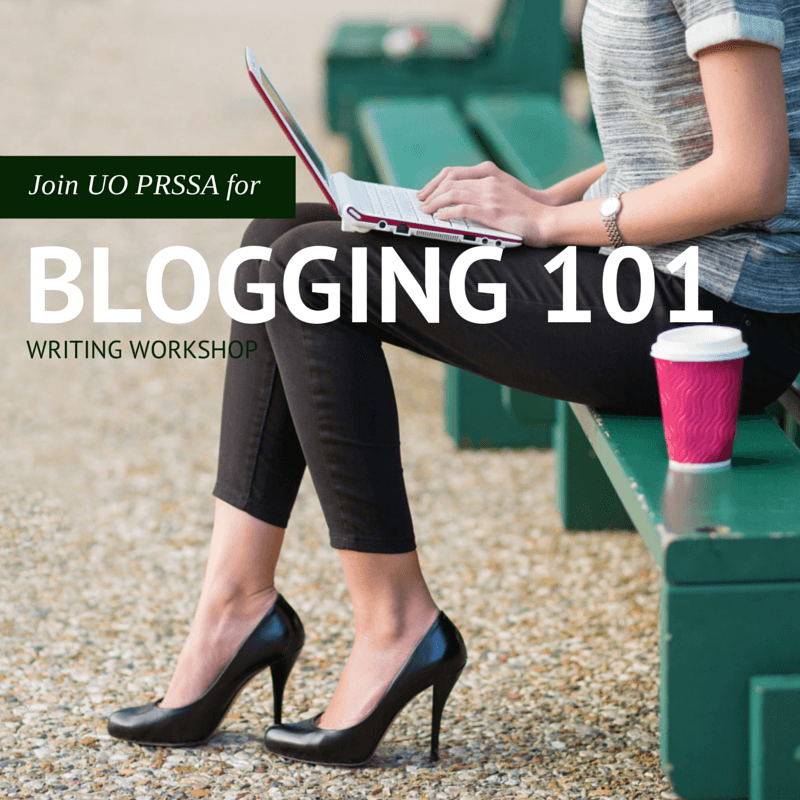You landed the internship position, worked hard for months to gain valuable work experience and built up your resume. The hard part is over, right? Actually, there’s a lot you can do even after your internship ends to make the most of the experience. From maintaining your professional network to including your new experience on your resume, here are the post-internship dos and don’ts.
Do send a thank you note
As your internship comes to a close, make sure to send each person you worked with a handwritten thank you note. Recognizing the people you worked with is the first step in maintaining a relationship after the internship is over. Be sure to tell each person exactly what you appreciated about him or her. From the person who helped you complete a certain project to the person who made you feel included ¾ who doesn’t love getting a thank you note?
Do keep in touch
The people you work with at an internship are valuable contacts to have. They can become references and even mentors, letting you know of job opportunities and putting in a good word for you. Stay in touch with fellow interns, coworkers and managers by connecting with them on social media, especially on LinkedIn. Check in with your old coworkers every few months to see how things have been going since you left. Keep informed on what the company has been up to and congratulate former colleagues when they launch a new program or win an award. Your former manager is rooting for you to succeed so let him or her know what you’ve accomplished since you left. If you come across an article you think a former coworker or manager would be interested in, don’t be afraid to pass it along!
Do ask for a letter of recommendation
You never know what personnel changes might happen after you finish your internship. The last thing you would want is to need a letter of recommendation and not be able to get in touch. Asking now will save both of you time and stress. Plus, it’s always better to have them write about your contributions while your time there is still fresh in their minds. By asking for a letter of recommendation, even if you don’t need it right away, you’re setting the stage to call for a reference later.
Don’t burn any bridges
Not all internship experiences are positive ones. If you are disappointed with your experience for whatever reason ¾ maybe your supervisor took you for granted or your duties lacked educational value ¾ refrain from sharing your feelings on social media or in another job interview. Give your honest feedback in an exit interview or send an email to your internship manager, but keep it constructive. You never know when you might need a reference, so be sure not to leave on a negative note.
On the other hand, maybe you had a fabulous internship experience and think your supervisor is your new best friend. It may seem like once the internship is over, you can be free to let your walls down, but be careful to keep any relationships you’ve formed professional. Don’t go to a bar with coworkers and get drunk. Don’t friend your former employer on Facebook if you’re going to be posting scandalous party pictures. Don’t publicly engage in an inappropriate conversation on social media.
Don’t lie about your experience
When you’re including your internship in your resume, it can be tempting to exaggerate your roles here and there. Although you want to put your experience in a positive light, even if you spent most of your time fetching coffee or filing papers, make sure you’re still being honest about what you did. Focus on results you achieved, rather than your day-to-day tasks in order to better convey your value.
What have you done to make the most of an internship even after it’s over? Let us know by leaving a comment.
 Hannah Osborn, external relations committee member, is a junior pursuing a double major in public relations and magazine journalism. Follow her on Twitter at @hannahmarieoz.
Hannah Osborn, external relations committee member, is a junior pursuing a double major in public relations and magazine journalism. Follow her on Twitter at @hannahmarieoz.
Hannah Osborn, Public Relations Director, is a senior pursuing a double major in public relations and magazine journalism. She manages all UO PRSSA social and digital media platforms. Follow her on Twitter at @hannahmarieoz.










